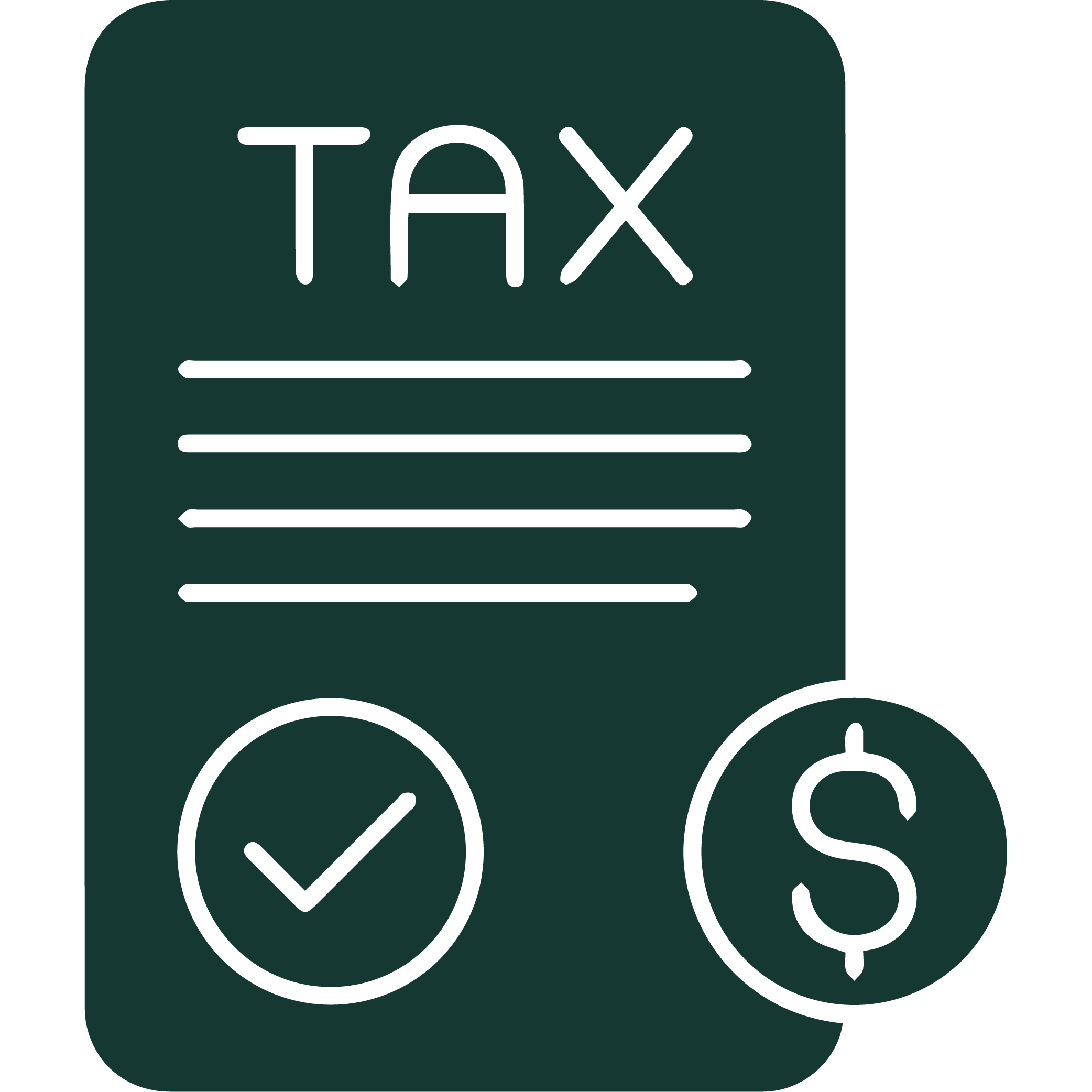Licensing (Vacation Rentals)
Licensing for Residential Property Owners
Navigate the complexities of vacation rental licensing with ease. Get legal advice to ensure your property complies with all regulations.
Understanding Short-Term Rental Licensing for Residential Property Owners
The short-term rental market is a controversial subset of the rental housing market, this is sometimes seen as competing with conventional rentals. Short-term rental owners often face added challenges with licensing, registration, zoning, taxes, and other highly local rules. These factors increase operational complexity. This article compares short-term rental operations with traditional rentals and introduces a hybrid approach.

Understanding the Requirements
Rules for short-term rentals give property owners the right to make decisions about the use of the property, protect the interests of the communities, and stipulate how the market should be regulated. Even if a tenant uses the unit for short-term rental, the obligations are still upon you as the property owner. The following are some of the key aspects to consider when making the decision to allow short-term rentals:

Registration & Permits
In Washington, though most regulation occurs at the local level, state-level requirements are in place. Most jurisdictions require hosts to list their properties, obtain permits or licenses, and undergo inspection.

Zoning Laws
It is important to check local rules and zoning before deciding to rent a property out as a short-term rental. Some localities prohibit short-term rentals with local laws while others restrict them through zoning. A common framework for restrictions is to limit the percentage, or number, of units used for short-term rentals in a particular area. Owner-occupancy is another common requirement used to restrict short-term rentals. All ordinary health, safety, and utility requirements still apply too.

Оссuраnсу Limits
Maximum occupancy limits for short-term rentals are like those for traditional rentals and are determined by local building and fire codes. Property owner remain obligated to ensure units remain within these limits and to ensure tenants renting their units out do the same.

Taxation
Short term rental businesses are subject to state and local taxes, and the property owners are responsible for collections and remittances of those taxes. Some platforms—AirBnB is a good example—ensure taxes are automatically paid; the liability, however, remains with the property owner.

Operational Rules
Hosts must ensure their guests do not disturb their neighbors with noise, rubbish, or parking. Guests of short-term rentals are not familiar with the property or neighborhood, so setting and enforcing clear rules while providing necessary information can help. After-hours calls are also more likely and short-term rentals rental landlords should also expect accelerated wear and tear on the property.
Setting Up Airbnb-Friendly Lease Terms
Airbnb-friendly lease terms can help attract tenants seeking subletting options or flexible leases while also providing a diversionary alternative to would-be-unauthorized sublets. This approach also helps rental operators diversify their portfolio revenues without purchasing more units. This kind of flexibility can help maximize a property’s income making it even more attractive. Key takeaways:

Explicit Permission
An AirBnB friendly lease should specifically state tenants have the right to list the property on marketplaces like AirBnB instead of just taking out prohibitive clauses. While it may be tempting to give permission on a case-by-case basis without a written policy, clearly defining the terms gives a landlord more control while also improving marketability to tenants—An optional addendum can be a good compromise. Reasonable terms and conditions should accompany such permission, including operation within the law, maintenance of insurance, and no complaints from residents or neighbors.

Insurance Requirements
The tenant should be required to provide proof of adequate commercial insurance for short-term rentals; this also protects the property owner’s interest. Landlords should look closely at exclusions for short-term rentals in their own insurance policies. Note, some states, including Washington, have minimum standards for insurance on short-term rental units.

Additional Precautions
Lease clauses for guest screening, frequent inspections of the property, and observance of local laws are good to include. Landlords can also offer services to those tenants who are allowed to operate short-term rentals, such as parking passes and building access for guests, to keep control over and ensure responsible property management.

Local Laws Compliance
Landlords should ensure leases clearly outline tenants must comply with local regulations, including obtaining permits or business licenses for short-term rentals. The lease should also clearly hold the tenant responsible for the actions of their guests, including for their short-term rentals.

Revenue Sharing
Landlords may wish to consider a revenue-sharing model in which the landlord receives a percentage of short-term rental income. This encourages both parties to maintain high standards and maximize occupancy. Alternatively, an income assignment can ensure rent and fees are covered first, with any excess credited or forwarded.
Disclaimer
This article is provided for informational, educational, and marketing purposes only and does not constitute legal advice. The content is current as of its publication or last review and may not reflect the latest legal developments. Do not rely solely on this information—consult a qualified attorney regarding your specific situation.
Simplify the Licensing Process with Cascade Counsel
Cascade Counsel can provide guidance at every stage of the short-term rental process. From understanding licensing requirements, to crafting rental agreements, and business structuring, Cascade Counsel can help. For more information on licensing, vacation rental management, an/dor AirBnB-friendly lease terms, contact Cascade Counsel to schedule a consultation.
